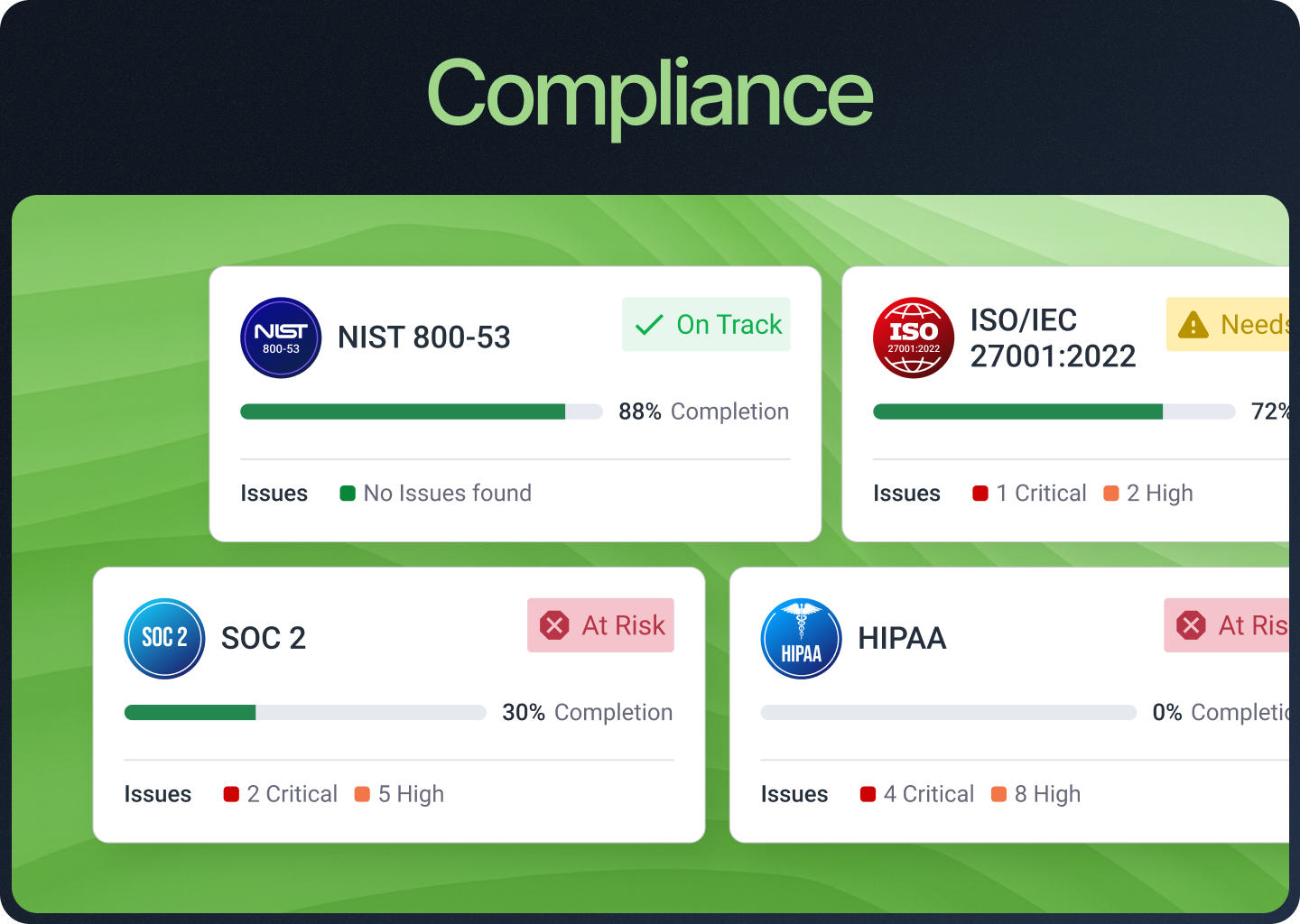Startups often face unique security challenges due to limited resources and a rapidly evolving business environment. As your startup grows, it is crucial to implement pragmatic security measures to protect your company's data and customer information. In this blog, we will discuss key principles for startup security, including Single Sign-On (SSO), cloud infrastructure, Mobile Device Management (MDM), end-point security, password managers, and Multi-Factor Authentication (MFA).
1. Single Sign-On (SSO)
Single Sign-On (SSO) is an authentication process that allows users to access multiple applications with a single set of credentials. SSO simplifies the login process for users, reduces the number of passwords they need to remember, and minimizes the risk of password-related security breaches. Implementing SSO increases productivity, enhances security, and provides a seamless user experience.
2. Cloud Infrastructure
Cloud infrastructure offers a secure, flexible, and cost-effective solution for startups to store and manage their data. By leveraging the security features offered by cloud providers such as encryption, access control, and monitoring, startups can protect their data from unauthorized access and comply with data protection regulations. Additionally, cloud infrastructure allows startups to scale their IT resources according to their needs, reducing operational costs and ensuring business continuity.
3. Mobile Device Management (MDM)
With the increasing trend of remote work and Bring Your Own Device (BYOD) policies, Mobile Device Management (MDM) is essential for startups to secure and manage employee devices. MDM solutions help businesses enforce security policies, monitor device usage, and remotely wipe data in case of device loss or theft. By implementing MDM, startups can mitigate the risks associated with unauthorized access to company data and ensure compliance with data protection regulations.
4. End-Point Security
End-point security refers to the protection of devices such as laptops, smartphones, and tablets that connect to your company's network. It is critical for startups to implement end-point security solutions that include antivirus, firewall, and intrusion detection systems to safeguard devices from malware, phishing, and other cyber threats. By securing end-points, startups can prevent unauthorized access to sensitive data and maintain the integrity of their IT infrastructure.
5. Password Manager
A password manager is a tool that helps users generate, store, and manage complex and unique passwords for their online accounts. By using a password manager, startups can reduce the risks associated with weak or reused passwords and protect their digital assets from cyber threats. Password managers also simplify the process of updating and sharing passwords among team members, ensuring secure access to company resources.
6. Multi-Factor Authentication (MFA)
Multi-Factor Authentication (MFA) is a security measure that requires users to provide two or more forms of identification to access their accounts. MFA adds an extra layer of security by ensuring that even if a user's password is compromised, an attacker cannot gain access to their account without the additional authentication factor. Implementing MFA for sensitive applications and data access points can significantly reduce the risk of unauthorized access and data breaches.
Conclusion
Pragmatic startup security is essential to safeguard your company's data, protect customer information, and maintain business continuity. By implementing key principles such as SSO, cloud infrastructure, MDM, end-point security, password managers, and MFA, startups can build a robust security posture that evolves with their growth. Prioritize security from the onset to create a secure foundation for your startup's success and mitigate the risks associated with cyber threats.


























.png)











.webp)







